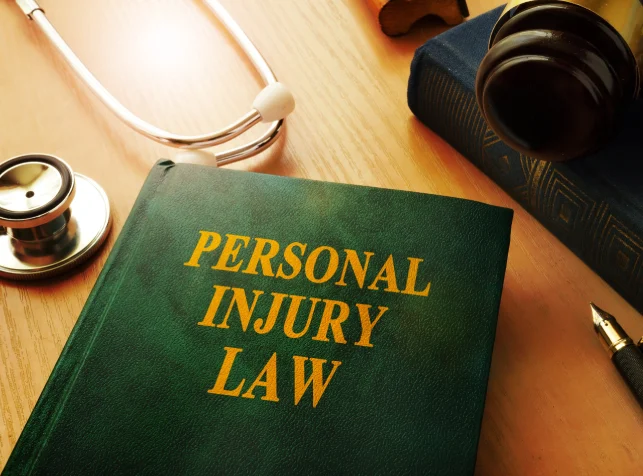
If youve been hurt because of someone elses actions or negligence, personal injury law might offer you a path to justice. From car accidents and workplace injuries to medical malpractice and defective products, personal injury law covers a wide range of scenarios. Understanding this area of law can help you navigate what to do after an injury, how to seek compensation, and what your rights are under the law.
What is Personal Injury Law?Personal injury law, also known as tort law, is designed to protect you if you or your property is harmed due to someone elses act or failure to act. In a successful personal injury claim, the person responsible for the injury compensates the injured person. The goal is to restore the victim to the position they were in before the injury — financially and, when possible, physically and emotionally.
Types of Personal Injury CasesThere are many kinds of personal injury cases. The most common include:
- Car Accidents: If youre hurt in a crash due to another drivers negligence, you can pursue compensation. - Slip and Fall: These cases fall under premises liability law. If you slip, trip, or fall on someone elses property, the owner may be liable. - Medical Malpractice: If a healthcare professionals actions or omissions result in injury, they could be held accountable. - Dog Bites: Pet owners may be responsible if their dog bites someone. - Defective Products: Manufacturers can be liable for injuries caused by unsafe products. - Workplace Accidents: Injuries at work are typically handled through workers compensation, but sometimes a lawsuit may be appropriate.
Negligence is the cornerstone of most personal injury cases. To win your case, you must show that:
1. The defendant owed you a duty of care. 2. They breached that duty. 3. You suffered injuries. 4. Their breach caused your injuries. For example, drivers owe a duty to operate vehicles safely. If a driver texts while driving and causes an accident, thats a breach of duty that could lead to a successful claim.
Gathering evidence is crucial. Useful documentation includes:
- Medical records showing the extent of your injuries. - Police reports or incident reports. - Photos and videos from the scene. - Witness statements. - Receipts or financial documents showing losses.
You or your attorney may also use expert testimony, such as from doctors or accident reconstructionists, to strengthen your case.
Damages You May Be Entitled ToDamages in personal injury cases are generally divided into two categories:
- Economic Damages: These include measurable losses like medical expenses, lost wages, rehabilitation costs, and property damage. - Non-Economic Damages: These are subjective and include pain and suffering, emotional distress, loss of enjoyment of life, and loss of companionship. In some cases, you might also be awarded punitive damages, which are intended to punish the wrongdoer and deter others.
 Statute of Limitations
Statute of LimitationsTheres a limited amount of time to file a personal injury claim, known as the statute of limitations. This varies by state and type of case. For example, in many states, you have two years from the date of the injury. If you miss this deadline, you could lose your right to compensation permanently. Its best to consult an attorney soon after an injury to protect your legal rights.
Role of Insurance in Personal InjuryInsurance plays a major role in most personal injury cases. Whether its car insurance, homeowners insurance, or liability insurance, insurers are often the ones who pay out settlements or judgments. However, dealing with insurance companies can be tricky — they often try to minimize payouts. An experienced attorney can help you negotiate and ensure you receive a fair settlement.
When to Hire a Personal Injury LawyerWhile small claims can be handled independently, its wise to hire a personal injury lawyer for more serious injuries or complicated situations. A lawyer will:
- Evaluate your claims value. - Handle communications and negotiations with insurers. - Gather and present evidence. - Represent you in court if necessary. Most personal injury attorneys work on a contingency fee basis, meaning they only get paid if you win.
How the Legal Process WorksThe personal injury legal process typically includes:
1. Consultation: You meet with a lawyer to discuss your case. 2. Investigation: The lawyer gathers evidence. 3. Demand: Your lawyer sends a demand letter to the insurance company. 4. Negotiation: Settlement discussions begin. 5. Lawsuit: If no settlement is reached, your lawyer files a complaint in court. 6. Discovery: Both sides exchange information. 7. Trial: The case is presented to a judge or jury.
Many cases settle before trial, but if yours doesnt, your lawyer will advocate on your behalf in court.
How to Maximize Your CompensationTo increase your chances of getting full compensation:
- Seek medical attention immediately and follow all treatments. - Keep detailed records of all expenses and communications. - Avoid talking to the other partys insurance company without legal advice. - Stay off social media, as posts could be used against you. - Work closely with your attorney and follow their guidance.
Common Myths About Personal Injury Claims- You will have to go to court: Many cases settle without a trial. - Filing a claim is greedy: You are seeking rightful compensation for losses. - Minor injuries are not worth claiming: Even small injuries can lead to serious complications later. - The insurance company will treat you fairly: Insurers are businesses focused on minimizing payouts.
Real-Life Case ExampleImagine you are rear-ended at a red light. You suffer whiplash and a concussion. You miss two weeks of work and need physical therapy. The at-fault drivers insurer offers a small settlement. You hire a lawyer, who gathers evidence, proves the other driver was texting, and negotiates a higher settlement covering your medical bills, lost wages, and pain and suffering.
ConclusionPersonal injury law exists to help people rebuild their lives after being hurt. Its not about revenge — its about justice and restoring what was lost. If youve been injured, dont hesitate to explore your legal options. Understand your rights, speak with an attorney, and take action to protect your future. The road to recovery can be long, but with the right help, you dont have to walk it alone.
Subscribe to our newsletter and never miss an update.
Get the latest posts delivered straight to your inbox.

Senior Contributor
Kusum Singh is passionate about impactful storytelling. With a unique voice and deep insights, they turn everyday stories into compelling reads that resonate and inform.
Read Full Bio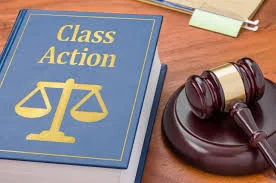
By Ravi Raj
20 Dec 2025

By Ravi Raj
26 Dec 2025

By Ravi Raj
02 Jan 2026

By Ravi Raj
27 Dec 2025
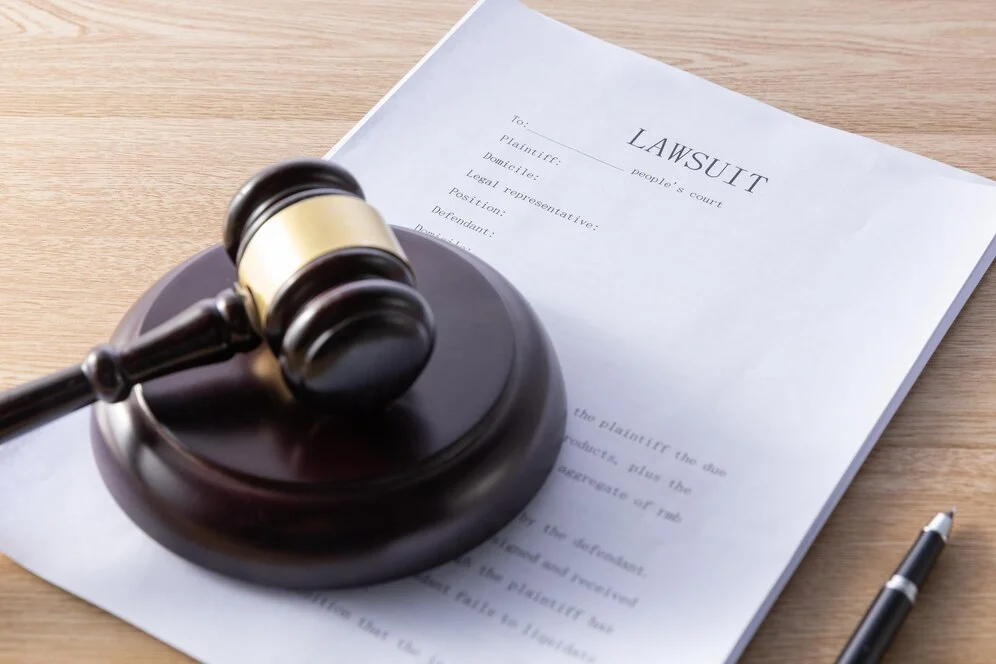
By Ravi Raj
22 Dec 2025
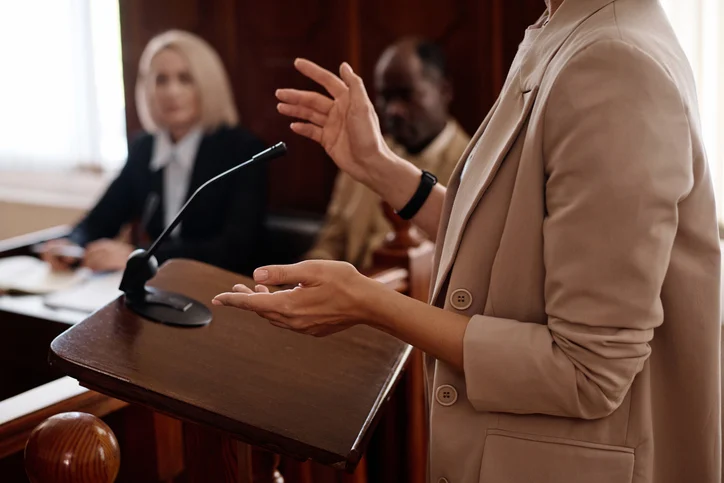
By Kusum Singh
27 Dec 2025

By Kusum Singh
23 Dec 2025

By Ravi Raj
30 Dec 2025

By Ravi Raj
22 Dec 2025
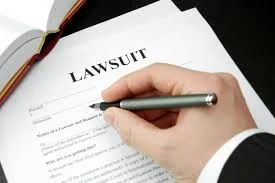
By Ravi Raj
02 Jan 2026

By Ravi Raj
02 Jan 2026
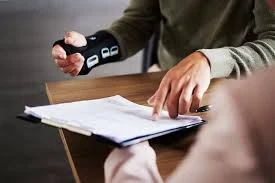
By Ravi Raj
28 Dec 2025